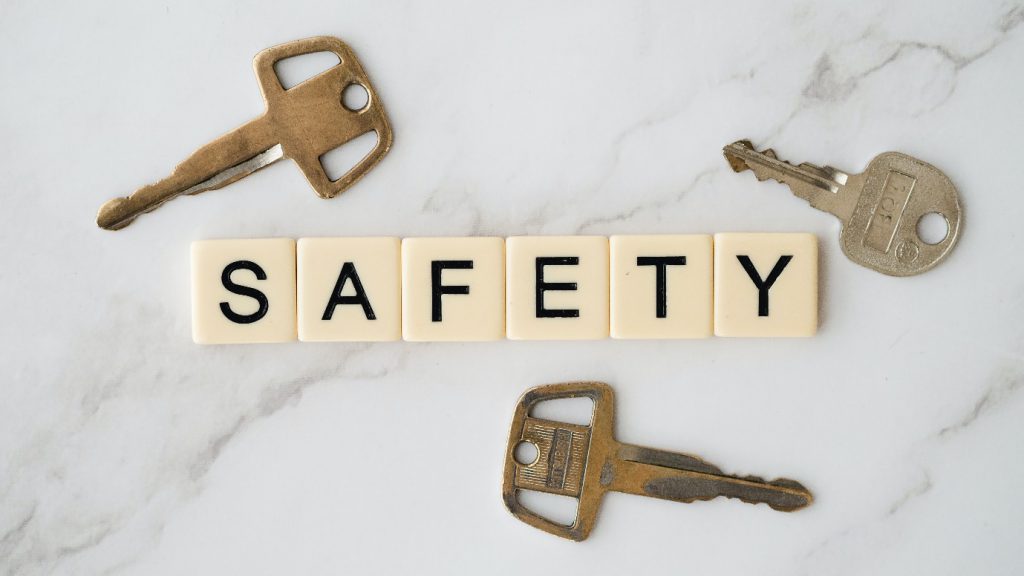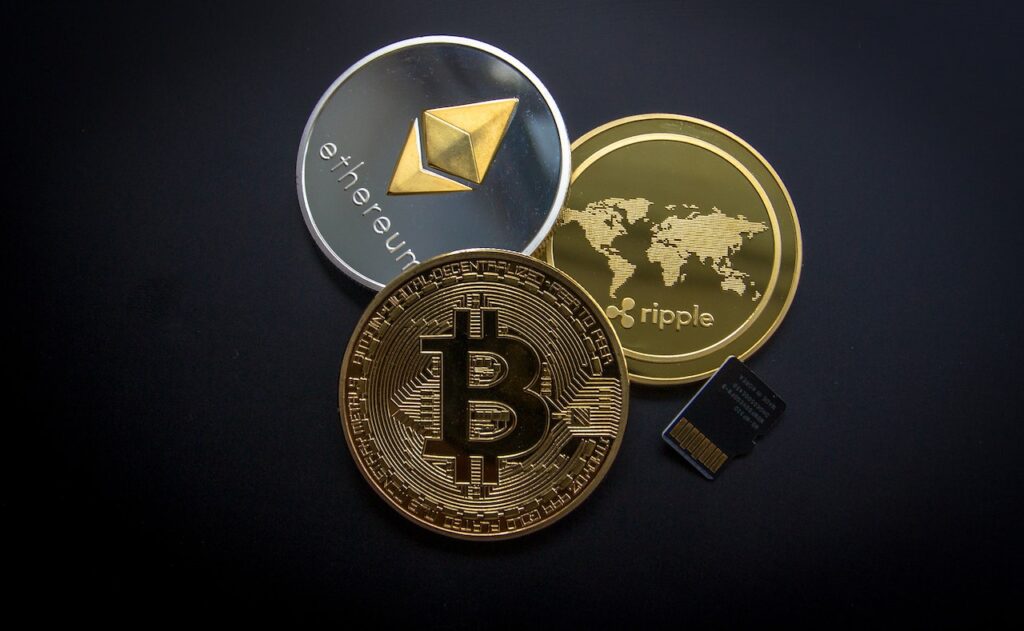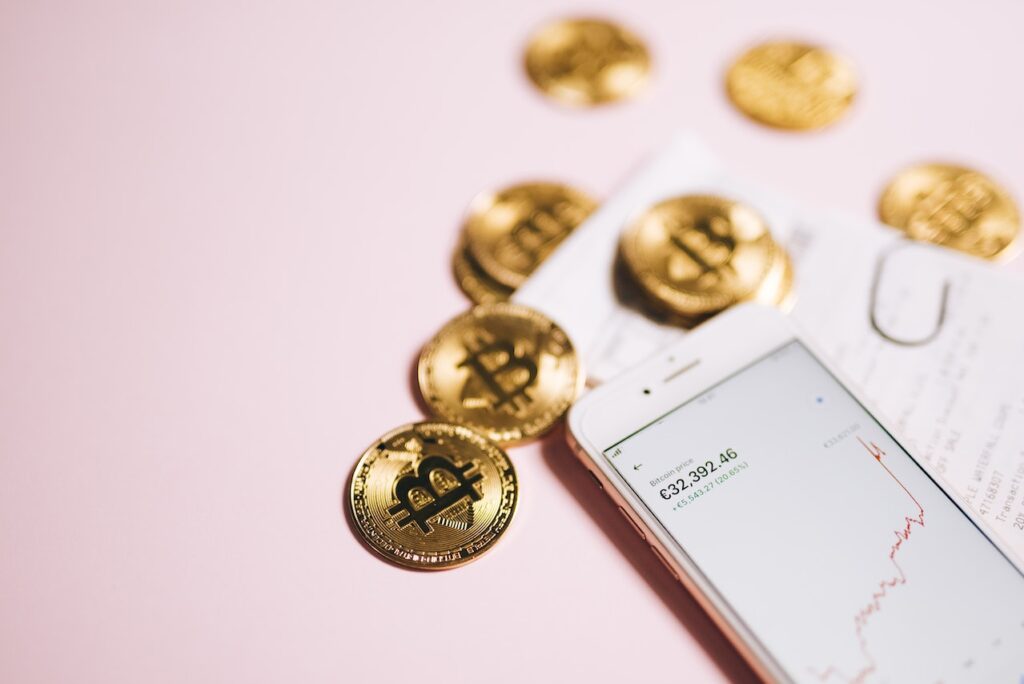Cryptocurrency has revolutionized the financial landscape, offering individuals unprecedented control over their assets. As digital currencies continue to gain popularity, the need for secure storage solutions becomes increasingly paramount. Crypto wallets play a crucial role in safeguarding these digital assets, providing a secure and convenient way to manage and store cryptocurrencies. In this article, we will delve into the world of crypto wallets, exploring the various types available, discussing the importance of security, and outlining best practices to keep your digital assets safe and secure.
1. Introduction to Crypto Wallets
Understanding the Basics of Cryptocurrency Wallets
So, you’ve dipped your toes into the world of cryptocurrencies and now you need a place to store your digital treasures. Enter the crypto wallet – your trusty digital vault for safeguarding your virtual coins. But what exactly is a crypto wallet, and how does it work? Let’s break it down in simple terms.
2. Types of Crypto Wallets
Software Wallets
If you’re a fan of convenience, software wallets might just be your jam. These wallets live on your computer or mobile device, making access to your crypto stash a breeze. Just remember to keep your device secure – you don’t want any sneaky hackers getting their hands on your precious coins.
Hardware Wallets
For those who value security above all else, hardware wallets are like the Fort Knox of the crypto world. These physical devices store your private keys offline, away from prying eyes and potential online threats. It’s like keeping your digital assets in a high-tech safe deposit box.
Web Wallets
Web wallets are the middle ground between software and hardware wallets. They’re accessible online, making them super convenient for managing your crypto on the go. Just be sure to choose a reputable provider and enable all the security features to keep your funds safe from cyber baddies.
3. Importance of Security in Crypto Wallets
Listen up, crypto enthusiasts – security should be your middle name when it comes to managing your digital assets. With cyber threats lurking around every corner, protecting your crypto wallet is crucial. After all, you wouldn’t leave a pile of cash unattended on a busy street, would you?
4. Best Practices for Securing Your Crypto Wallet
Use Strong Authentication Methods
Don’t be lazy when it comes to setting up your security measures. Opt for strong, unique passwords and consider using biometric authentication or hardware keys for an extra layer of protection.
Keep Software Updated
Those pesky software updates may seem like a nuisance, but they often contain essential security patches to keep your wallet safe from potential vulnerabilities. Embrace the updates – your crypto will thank you.
Implement Two-Factor Authentication
Two-factor authentication is like adding a moat and drawbridge to your digital castle. By requiring a secondary verification step, such as a code sent to your phone, you’re adding an extra barrier for would-be intruders. Stay one step ahead and keep your crypto kingdom secure.**5. Backup and Recovery Strategies for Crypto Wallets**
**Importance of Backup**
Backing up your crypto wallet is like wearing a seatbelt while driving – you hope you never need it, but you’ll be glad you have it if something goes wrong. Losing access to your wallet, whether due to a device malfunction or forgetting your password, can mean saying goodbye to your digital assets forever. By creating backups, you ensure that even if your primary access is compromised, you have a way to recover your funds.
**Recovery Options**
There are several recovery options available, depending on the type of wallet you use. Most wallets provide a recovery phrase or seed, which is a series of words that can be used to restore your wallet on a new device. Make sure to store this seed phrase securely and offline. Some wallets also offer the option to set up email recovery or use two-factor authentication for added security.
**6. Multi-Signature Wallets and Hardware Wallets**
**What are Multi-Signature Wallets?**
Multi-signature wallets add an extra layer of security by requiring multiple private keys to authorize a transaction. This means that even if one key is compromised, the funds remain safe unless all required signatures are provided. It’s like having a buddy system for your digital assets – two or more signatures are better than one.
**Benefits of Hardware Wallets**
Hardware wallets are physical devices designed specifically for storing cryptocurrency securely. These wallets keep your private keys offline, making them immune to online hacking attempts. Think of it as storing your funds in a fortress rather than leaving them out in the open. Hardware wallets are considered one of the safest options for protecting your crypto assets.
**7. Risks and Common Threats to Crypto Wallet Security**
**Phishing Attacks**
Phishing attacks are like the chameleons of the internet – they masquerade as legitimate entities to trick you into giving away your sensitive information. Be wary of emails, messages, or websites that ask for your private keys or login credentials. Always double-check URLs and never share your sensitive information with anyone.
**Malware and Keyloggers**
Malware and keyloggers are the sneaky burglars of the digital world, silently snooping on your device and stealing your private keys or passwords. To protect yourself, use reputable antivirus software, avoid downloading suspicious files, and keep your operating system and software up to date. Remember, an ounce of prevention is worth a pound of cure.
**Social Engineering**
Social engineering is the art of manipulation, where scammers use psychological tactics to trick you into revealing confidential information. Be cautious of unsolicited contact, whether through phone calls, emails, or messages, asking for your private keys or personal details. Trust your instincts and verify the identity of the person or organization before sharing any sensitive information.
**8. Conclusion: Safeguarding Your Digital Assets**
In the ever-evolving landscape of cryptocurrency, safeguarding your digital assets is paramount. By implementing backup and recovery strategies, using secure wallet options like multi-signature and hardware wallets, and staying vigilant against common threats like phishing, malware, and social engineering, you can significantly reduce the risk of losing your hard-earned crypto. Remember, a little precaution today can save you a lot of regrets tomorrow. Stay safe, stay secure, and may your crypto journey be filled with prosperity and peace of mind.In conclusion, protecting your digital assets through robust security measures and secure storage solutions is essential in the world of cryptocurrencies. By understanding the different types of crypto wallets, implementing best practices for security, and staying vigilant against common threats, you can enhance the safety of your investments and ensure peace of mind in managing your digital wealth. Safeguarding your crypto wallet is not just a precautionary measure – it is a proactive step towards securing your financial future in the fast-evolving digital economy.







Facebook Comments